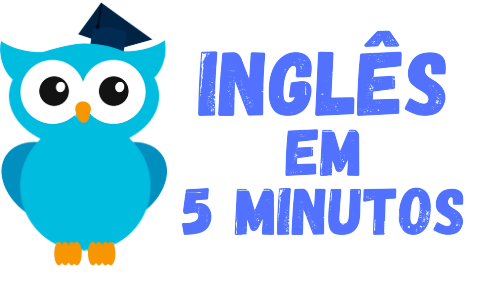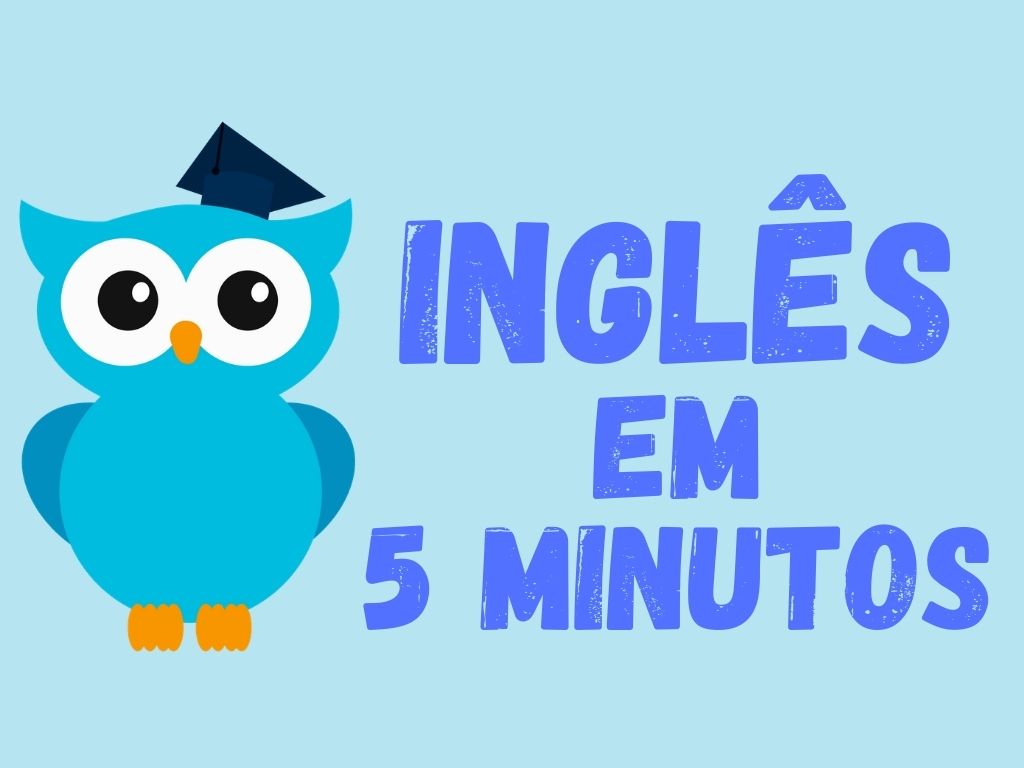"While the
materialist is mainly interested in goods, the Buddhist is mainly interested in
liberation. Buddhism is the Middle Way and therefore in no way antagonistic to
physical well-being. It is not wealth that stands in the way of liberation but the
attachment to wealth; not the enjoyment of pleasurable things but the craving
for them. The focus of Buddhist economics, therefore, is simplicity and
non-violence. For the modern economist [and consumer] this is very difficult to
understand. They are used to measuring the "standard of living" by
the amount of annual consumption, assuming all the time that a man who consumes
more is "better off" than a man who consumes less. A Buddhist
economist would consider this approach excessively irrational: since consumption
is merely a means to human well-being, the aim should be to obtain the maximum
of well-being with the minimum of consumption. The less toil there is, the more
time and strength is left for artistic creativity. " --E.F. Shumacher,
Small Is Beautiful I admit that my recipe for economic "success" is
quite different than the advice you'll get from most people. Bookstores are
filled with books about making money and getting rich. But they all come with
certain basic philosophical assumptions-- mainly that MORE money is always
better and that the key to "success" is to be rich. Even books that I
recommend, such as The 4-Hour Workweek or Your Portable Empire, have an
underlying philosophy of "getting rich". All of these writers are firmly
centered in mainstream capitalist thinking. My philosophy is essentially that
of a Buddhist economist. While others speak of "success" and
"wealth", my concern is liberation. And when I speak of liberation, I
mean financial liberation, physical liberation, emotional liberation, mental
liberation,.. and ultimately spiritual liberation. However, at this time in my
life, I'm only qualified to give advice about financial and physical liberation
:) Its important to understand the profound difference between seeking wealth
and seeking liberation. Mainstream financial advice is always focused on more,
more, more. However, my starting point is always less, less, less. Simplicity
is the core of my approach to financial liberation. Learn to need less, and you
automatically become freer. Learn to need a smaller and cheaper living space.
Learn to need a smaller and cheaper car... or better yet, a motorcycle,... or
still better, no vehicle at all. Learn to need fewer gadgets. Learn to need
fewer and less expensive clothes. Simplify, simplify, simplify. This is the
core of my "method" for success. Before you worry about building a
business, before you worry about debt elimination, before you worry about
working fewer hours or making more money-- Simplify every aspect of your life---
persistently, continuously, relentlessly. Pare away all that is unnecessary,
distracting, and fashionable. Work on your cravings. This is the basis for
liberation. Without doing this, you'll always be a slave... no matter how much
money you have-- because you'll always need more.... and thus will always
remain a slave to work and economics. On the other hand, if you simplify
drastically-- you'll find that financial liberation is much easier than you
thought. You'll find that you can work much less and live much more. You'll
find that escaping your job and boss is much easier than you thought. You'll
find that eliminating debt is much easier than you thought. You'll find that
you are much less stressed about money. You'll find that you have many more
options in life. You'll find it easier to save money, easier to travel, easier
to do the things you always put off doing. Simplicity is the starting point,
the center, the foundation, and the ending point. It
is the key to your financial liberation.
"Enquanto
o materialista está interessado principalmente em bens, o budista está
interessado principalmente na libertação. O budismo é o Caminho do Meio e,
portanto, de forma alguma antagônico ao bem-estar físico. Não é a riqueza que
impede a libertação, mas o apego ao bem-estar físico. Riqueza; não o prazer de
coisas prazerosas, mas o desejo por elas. O foco da economia budista, portanto,
é a simplicidade e a não-violência. Para o economista moderno [e consumidor]
isso é muito difícil de entender. Eles estão acostumados a medir o "padrão
de vida" pela quantidade de consumo anual, assumindo o tempo todo que um
homem que consome mais está "melhor" do que um homem que consome
menos. Um economista budista consideraria essa abordagem excessivamente
irracional: uma vez que o consumo é apenas um meio ao bem-estar humano, o
objetivo deve ser obter o máximo de bem-estar com o mínimo de consumo. Quanto
menos trabalho, mais tempo e força sobra para a criatividade artística."
--EF Shumacher, Small Is Beautiful
Admito
que minha receita para o "sucesso" econômico é bem diferente do
conselho que você recebe da maioria das pessoas. As livrarias estão cheias de
livros sobre como ganhar dinheiro e ficar rico. Mas todos eles vêm com certas
suposições filosóficas básicas - principalmente que MAIS dinheiro é sempre
melhor e que a chave para o "sucesso" é ser rico. Mesmo livros que eu
recomendo, como The 4-Hour Workweek ou Your Portable Empire, têm uma filosofia
subjacente de "ficar rico". Todos esses escritores estão firmemente
centrados no pensamento capitalista dominante. Minha filosofia é essencialmente
a de um economista budista. Enquanto outros falam de "sucesso" e
"riqueza", minha preocupação é a libertação. E quando falo de
libertação, quero dizer libertação financeira, libertação física, libertação
emocional, libertação mental,... e finalmente libertação espiritual. No
entanto, neste momento da minha vida, estou qualificado apenas para dar
conselhos sobre liberação financeira e física :) É importante entender a
profunda diferença entre buscar riqueza e buscar libertação. A consultoria
financeira tradicional está sempre focada em mais, mais, mais. No entanto, meu
ponto de partida é sempre menos, menos, menos. A simplicidade é o cerne da
minha abordagem à libertação financeira. Aprenda a precisar de menos e você
automaticamente se tornará mais livre. Aprenda a precisar de um espaço menor e
mais barato. Aprenda a precisar de um carro menor e mais barato... ou melhor
ainda, uma motocicleta,... ou melhor ainda, nenhum veículo. Aprenda a precisar
de menos aparelhos. Aprenda a precisar de menos roupas e menos caras.
Simplifique, simplifique, simplifique. Este é o núcleo do meu
"método" para o sucesso. Antes de se preocupar em construir um
negócio, antes de se preocupar com a eliminação de dívidas, antes de se
preocupar em trabalhar menos horas ou ganhar mais dinheiro -- Simplifique todos
os aspectos de sua vida --- persistentemente, continuamente, incansavelmente.
Elimine tudo o que é desnecessário, distrativo e elegante. Trabalhe em seus desejos.
Esta é a base para a libertação. Sem fazer isso, você sempre será um escravo...
não importa quanto dinheiro você tenha - porque você sempre precisará de
mais... e, portanto, sempre permanecerá escravo do trabalho e da economia. Por
outro lado, se você simplificar drasticamente, descobrirá que a libertação
financeira é muito mais fácil do que você pensava. Você descobrirá que pode
trabalhar muito menos e viver muito mais. Você descobrirá que escapar do seu
trabalho e do seu chefe é muito mais fácil do que você pensava. Você verá que
eliminar a dívida é muito mais fácil do que você pensava. Você descobrirá que
está muito menos estressado com o dinheiro. Você descobrirá que tem muito mais
opções na vida. Você achará mais fácil economizar dinheiro, mais fácil viajar,
mais fácil fazer as coisas que você sempre adia. A simplicidade é o ponto de
partida, o centro, a base e o ponto final. É a chave para sua libertação
financeira.

